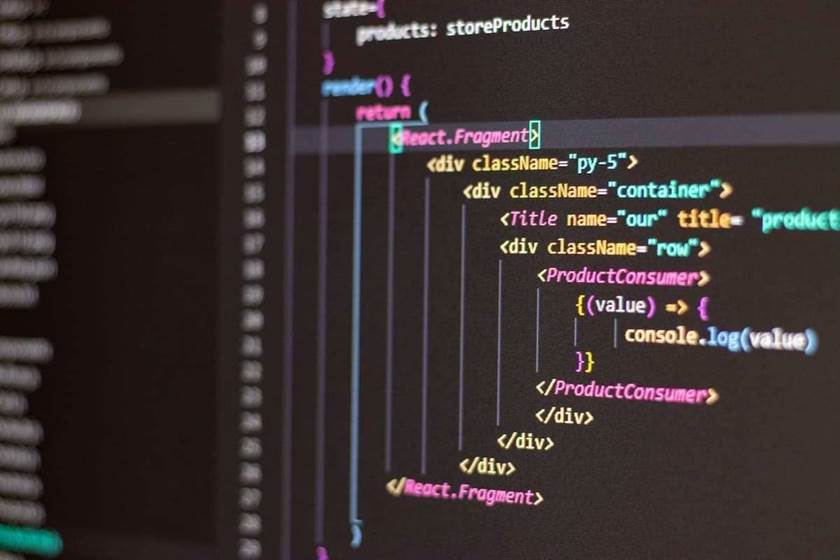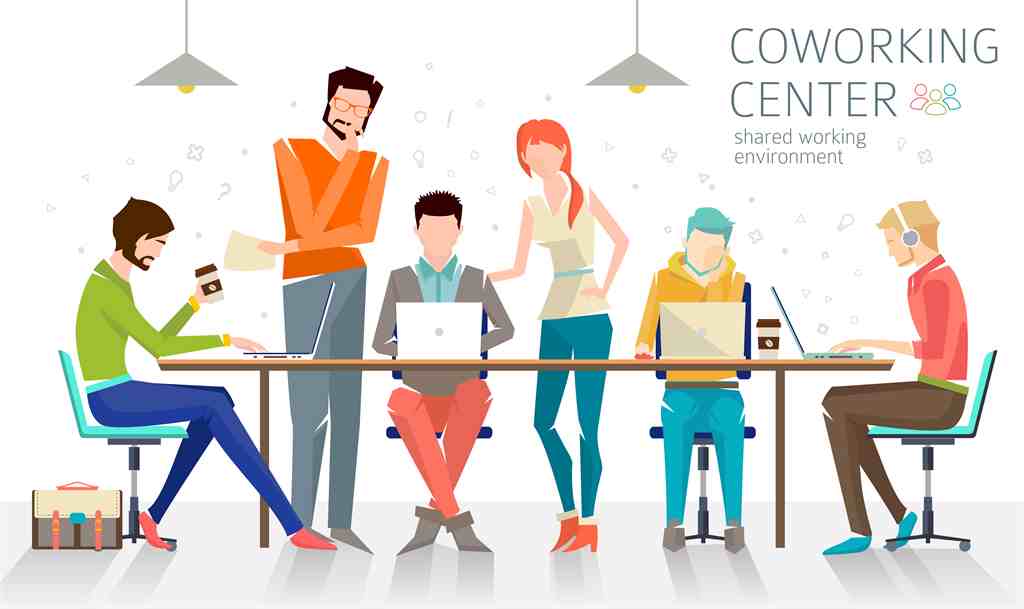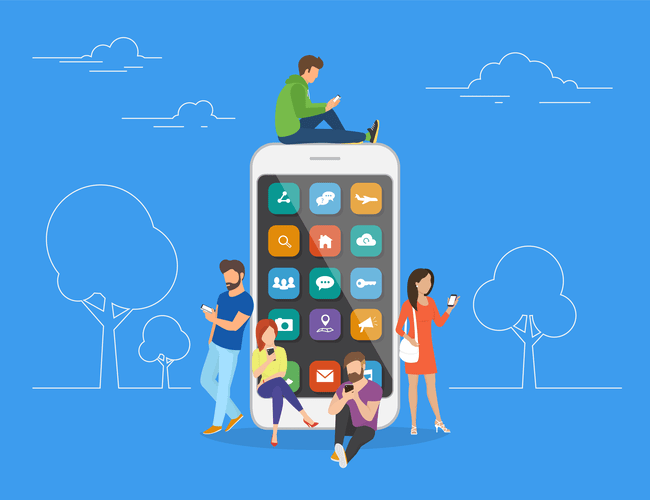These new views can outcome in fostering empathy and cultural competence as a result of they take college students exterior of their normal day by day experience. The use of VR and AR helps college students understand people’s distinctive conditions the world over. For instance, teachers can use VR purposes to boost language educating by exposing college students to the cultures of the individuals who speak the language. Using expertise to build culturally responsive environments helps students respect cultures completely different from their very own.
Additional educator considerations, as reported in a current EdTech report, embrace the bulkiness of the equipment, glitches, and the standard and availability of content material. Despite these challenges, demand for AR and VR in training is expected to grow within the coming years. This signifies that current and aspiring academics ought to take steps to find out about the advantages of digital reality in the classroom. Accelerated learning and increased confidence go hand in hand with improved long-term retention.
Virtual reality’s unique capacity to create immersive experiences has the potential to revolutionize the world of education. By transporting learners to digital, interactive environments, VR enables college students to have interaction with studying content in a complete new means. The energy of immersion lies in its ability to spark curiosity, enhance focus, and foster emotional connections with learning supplies. Let’s discover the various sides of immersion and its influence on the educational experience. As training evolves to keep pace with our ever-changing world, digital reality (VR) has emerged as a robust device that provides vital benefits to both educators and learners. VR is an immersive expertise that permits customers to enter a computer-generated setting, transforming the way we learn, communicate, and interact with data.

This is very important in Special Needs Education, as the traditional classroom setting may not all the time be the best match for these college students. In summary, the customisable and interactive nature of Virtual Reality has made it a priceless tool for Special Needs Education. Students profit from the immersive and engaging experience, which promotes better retention and understanding.
What Are The Benefits Of Ar And Vr In Education?
While still early in its improvement, VR promises significant impacts across all ranges of schooling. In medical coaching, virtual actuality has emerged as a valuable tool for simulating surgical procedures and improving surgical skills. Surgeons can practice intricate techniques, corresponding to laparoscopic surgical procedure, in a realistic virtual surroundings. This permits them to refine their abilities and scale back the educational curve when performing precise surgeries. Additionally, VR permits medical students to observe surgeries from completely different views, enhancing their understanding and decision-making skills.
For occasion, a historical past class can take students to digital websites that may give them a real experience they’d never obtain in a traditional classroom. Despite current obstacles like costs and early content material gaps, speedy consumer market growth points to VR’s imminent growth in the classroom. As hardware, software program and proprietary education content proceed advancing, VR promises extra engaged, accessible and multi-sensory lessons for students at all ranges. While not a panacea, digital reality’s versatility and stimulation escalate studying potential exponentially. VR offers a secure and controlled setting for learners, especially in situations the place real-world apply may be dangerous, pricey, or logistically challenging.

Engage also allows for real-time collaboration, making it appropriate for digital classrooms or distant learning. Virtual actuality encourages lively studying by placing students within the center of the expertise https://www.globalcloudteam.com/. Through hands-on activities, problem-solving tasks, and interactive simulations, VR permits learners to take an active function in their schooling, rather than passively absorbing info.
As a student at a virtual campus, you have the pliability to participate in your programs from anywhere with an internet connection. You can log in to the virtual campus platform utilizing your laptop or mobile system and engage in studying actions at your convenience. Avatars are used for virtual identity, and various multimedia sources are integrated through learning management methods to boost your learning experience. This can also be complemented by the aptitude of VR techniques to offer real-time suggestions and assessments within the virtual setting. By monitoring the coed’s actions, responses, and performance, VR can provide quick feedback on their progress, establish areas of strength and weakness, and provide guidance accordingly.
Decreased Distractions And Enhanced Focus
These are just a few examples of how digital actuality can transform conventional classroom experiences. Among essentially the most noteworthy advantages of digital reality within the classroom is its ability to spark curiosity and interest in students. This is why educators should develop a structured plan to maximize using VR within lesson plans after which information their students alongside the trail. As a half of the plan, it is important for lecturers to determine targets and expectations for faculty students and set pointers for students to follow to make sure optimal studying experiences. The scalability of VR-based education is another issue contributing to value and time financial savings. Once a VR training module is developed, it can be simply deployed to a vast number of college students, no matter their geographical location.

As virtual actuality continues to evolve, its potential in schooling is only starting to be explored. With ongoing advancements in know-how and the rising availability of VR content and tools, educators have an thrilling alternative to revolutionize the best way college students study and have interaction with the world around them. VR expertise additionally promotes equal access to schooling, as learners can access academic supplies benefits of virtual reality in education and experiences anywhere on the earth. Learners who beforehand could not entry conventional studying methods due to physical disabilities, socioeconomic standing, or geographic location can now gain the same quality schooling as others. VR technology offers an inclusive strategy to studying, guaranteeing that no one is left behind within the pursuit of knowledge.
This increased retention helps learners in building a stable basis of information and expertise, further bolstering their confidence. One of the core strengths of digital reality is its capacity to simulate real-world scenarios in a managed and safe setting. By placing students in authentic environments, VR permits them to achieve sensible experience and develop a deeper understanding of the topic matter.
For example, in medical coaching, VR permits college students to apply medical procedures without the necessity for sufferers or costly medical gear. This hands-on experience permits learners to make mistakes, be taught from them, and build important skills in a risk-free environment. The corporate world has additionally acknowledged the immense potential of VR in worker training and development. Many companies at the moment are embracing this expertise as a software to offer immersive and efficient coaching experiences.
Augmented Reality (ar) And Digital Reality (vr) Technologies: A Pupil’s Information To The Future Of Studying
The use of VR in classrooms allows for a extra energetic and engaging studying expertise, fostering students’ curiosity and significant pondering abilities. Let’s discover the present use of VR in lecture rooms and the potential future applications of this know-how. To reap the benefits of digital reality in training, it is important for college kids to use VR gear safely. Educators should ensure their classrooms’ physical environments are spacious and secure for VR explorers. Students must be at least an arm’s length away from one another and from objects within the classroom.

However, they nonetheless have a lot of real-world learning to do in terms of placing their talent to apply. As headsets have gotten smaller, mobile, and more powerful, the expertise has turn out to be vastly more accessible. Additionally, 5G cellphones have made it attainable to access the virtual realm from anyplace.
This hands-on experience allowed them to visualise advanced biological ideas and discover completely different organic processes in a dynamic and engaging way. The research revealed that students who used VR demonstrated a deeper understanding of the subject material compared to those who relied solely on conventional textbooks and lectures. Moreover, VR can facilitate collaborative studying by allowing college students to have interaction in virtual group projects or simulations. By breaking free from the constraints of the physical world, students can explore limitless potentialities, expanding their knowledge and understanding of varied subjects. Furthermore, the development of powerful software functions has made it possible to create extremely detailed and interactive virtual environments. Whether it is exploring historic civilizations, conducting scientific experiments, or practicing complex surgical procedures, VR can present a safe and managed area for studying and experimentation.
Accelerated Studying And Increased Confidence
Explore choices corresponding to standalone VR headsets or cellular VR options, which are usually extra accessible when it comes to value compared to high-end VR setups. There’s reams of analysis concerning the so-called Proteus Effect, or how a virtual reality consumer’s habits may be subtly affected by their avatar’s characteristics. Research into the psychological influence of VR on college students means that VR should be used moderately and under close supervision in school settings. The findings of the analysis as reported in a current CNN.com article recounts that youngsters who overused VR had false recollections of getting bodily visited a spot they actually by no means visited. Limiting VR schooling periods to a few minutes as a part of an extended lesson plan can tackle this problem.
For instance, medical students can now practice surgical procedures in a sensible virtual working room, replicating the strain and challenges they’ll face in the true world. These gadgets, usually equipped with high-resolution shows and motion monitoring sensors, enable users to step right into a virtual environment and interact with it in a way that feels natural and immersive. The mixture of visual and auditory stimuli creates a sense of presence, making customers really feel as if they are really present in the virtual world. VR know-how permits learners to “be taught by doing” because it offers an environment for them to experiment, follow, and simulate real-life eventualities.
This may require training on deciding on or creating VR content that helps specific topics or ideas within the curriculum. Rumii has also been used to facilitate collaboration among college students on completely different continents. VR lecture rooms have been capable of give college students alternatives to raise their palms, ask questions in an organic method and customarily feel more instantly invested. That’s in comparability to what CEO Mat Chacon of VR company Doghead Simulations described as the “pretty flat expertise” of traditional online courses. VR can bring educational subjects to life, offering students new insights and refreshing views.
Advantages Of Vr In Training
CoSpaces Edu is a platform that permits educators and college students to create their very own digital reality experiences. It presents a drag-and-drop interface the place users can construct interactive 3D scenes, add animations, and incorporate multimedia components. CoSpaces Edu additionally offers options for coding and scripting to enhance the interactivity of the VR content material. The immersive nature of VR allows learners to focus and have interaction with the fabric more successfully, leading to sooner information acquisition and skill development. For instance, a examine by PwC found that VR-based studying was 400% quicker than classroom-based learning. Subjects like science, historical past, and art can be brought to life by way of immersive virtual experiences.